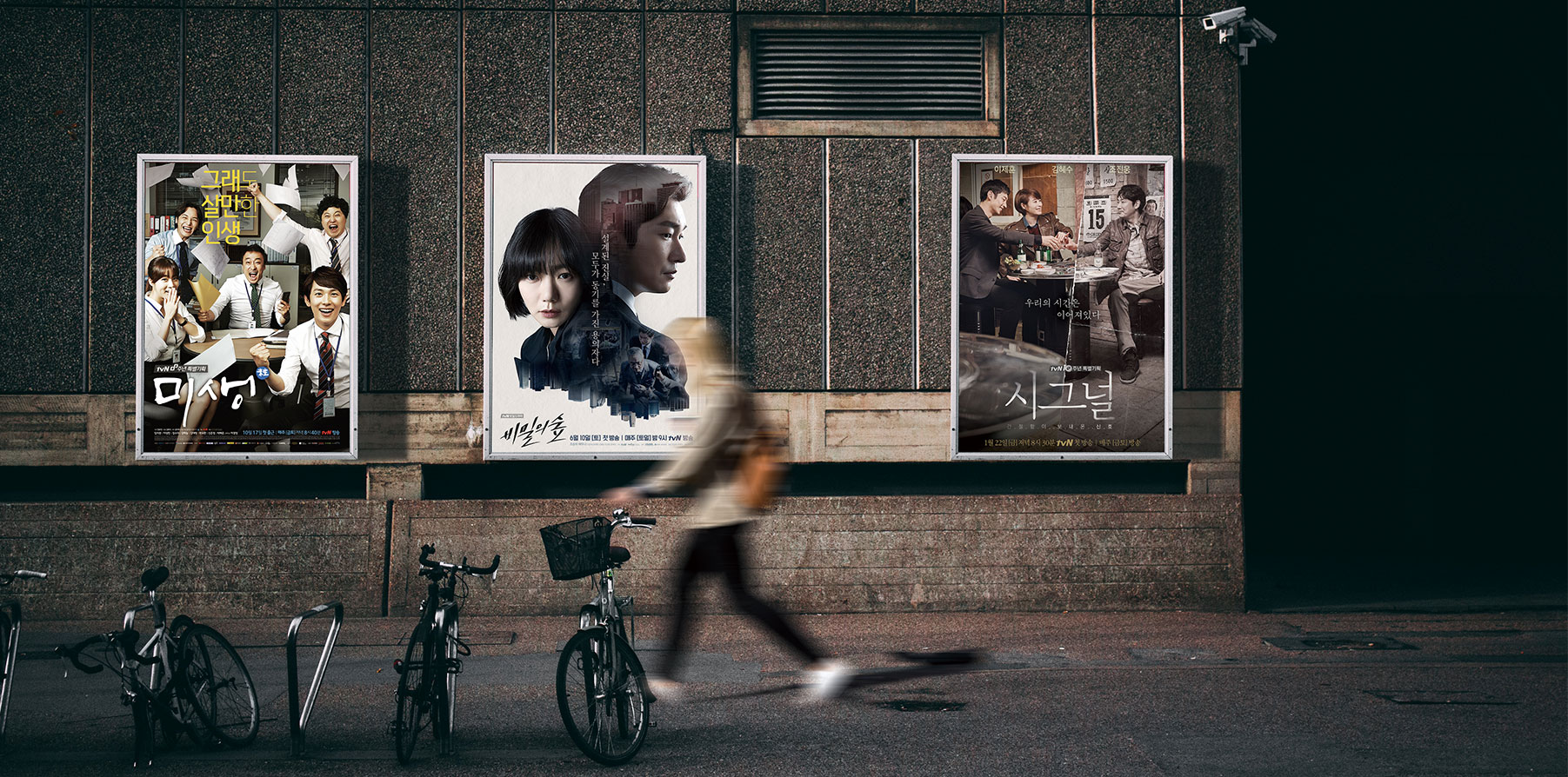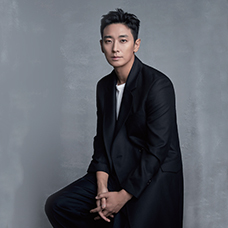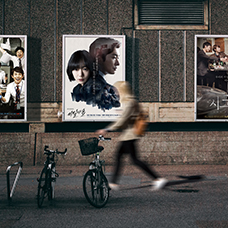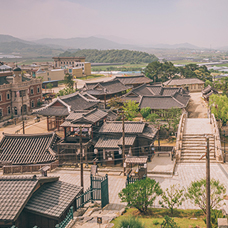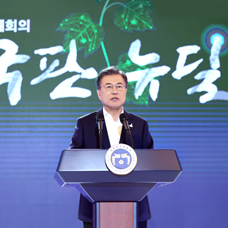Trends
To Higher Heights
K-drama’s Global Boom
Whether by choice or quarantine due to COVID-19, homebodies worldwide are discovering gems of Korean dramas, especially on Netflix. From “Crash Landing on You” to the “Reply” series, works feature themes of warm romance to preternatural fantasy and gripping crime thrillers, and are apparently good enough to make international viewers overlook the nuisance of subtitles. Many K-dramas have also inspired remakes around the world, signaling even grander prospects for the industry.
Written by• Kim Samuel
Photo courtesy of• Studio Dragon
The dramas “Autumn in My Heart” (2000) and “Winter Sonata” (2003) were the initial triggers of Hallyu, or the Korean Wave. The success formula for K-dramas at the time was simply romance; doctors fell in love in a medical drama while lawyers did in a legal drama. Bae Yong-joon, the lead actor in “Winter Sonata,” grew so popular in East Asia that he became the first Korean celebrity to be featured in the textbooks of Taiwan and Japan. His nickname “Yonsama” earned from his Japanese fans cemented his overwhelming popularity. A decade after “Autumn” was broadcast in Korea, the Chinese remake “Fall in Love” came out in 2011.
Another K-drama, “I’m Sorry, I Love You” (2004), spurred a Chinese remake as a film and a Japanese one as a series. “Temptation to Go Home (回家的誘惑),” the 2011 Chinese remake of the 2008 K-drama “Temptation of Wife” (2008), starred Korean actress Choo Ja-hyun as the lead in her China debut. The remake was the highest rated of any drama aired in China in the decade, surpassing fellow K-drama giant “Jewel in the Palace.”
Hard-hitting Reality
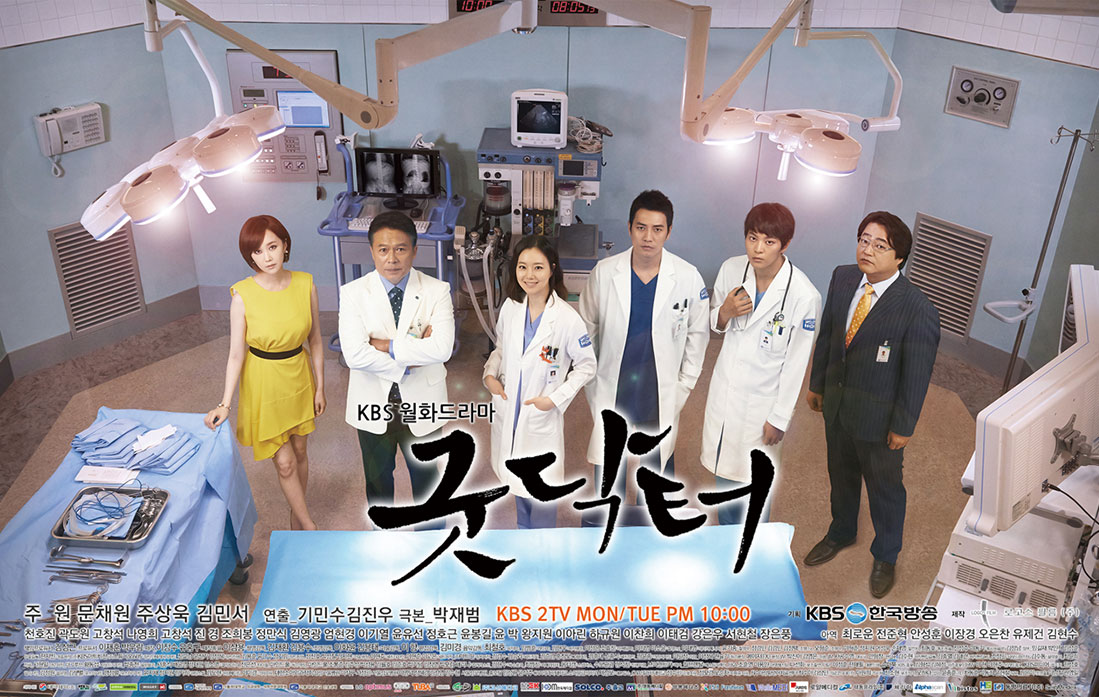
ABC was reportedly quick to confirm production of Season 2 of its “The Good Doctor” remake. © KBS
“The Good Doctor,” which debuted in 2013, is the first Korean drama to be remade by Hollywood. Starring actor Freddie Highmore from “Charlie and the Chocolate Factory” (2005) and “August Rush” (2007), the American version in 2017 was the most viewed TV show in its time slot and ABC’s best received work in 13 years. Three seasons of the drama have been produced, with a fourth slated per popular demand. “The Good Doctor” is about a young surgical resident who is an autistic savant and his condition fuels conflict with his coworkers and patients. The multiethnic cast also reflects the series’ localization in American society, boosting its value vis-a- vis inclusivity and relatability.
“Misaeng: The Incomplete,” which debuted in 2014, was remade in Japan in 2016. The drama is characterized primarily by the sorrows (and a few joys) of the workplace. The two East Asian nations have in common a problematic office culture and social and gender sensibilities. The Japanese adaptation was hailed in Japan as “a must-see for modern-day workers” and “the best drama of the quarter,” and scored the highest ratings in drama satisfaction among shows in the same time slot.
The coming-of-age drama features an inept rookie in the corporate world. Often competitive and ruthless, he navigates the myriad day-to-day existence in corporate life showing a reality both Japanese and Korean viewers are all too familiar with. In that sense, “Misaeng” is often considered truer than reality thanks to its chillingly relatable moments.
Expanding Terrain
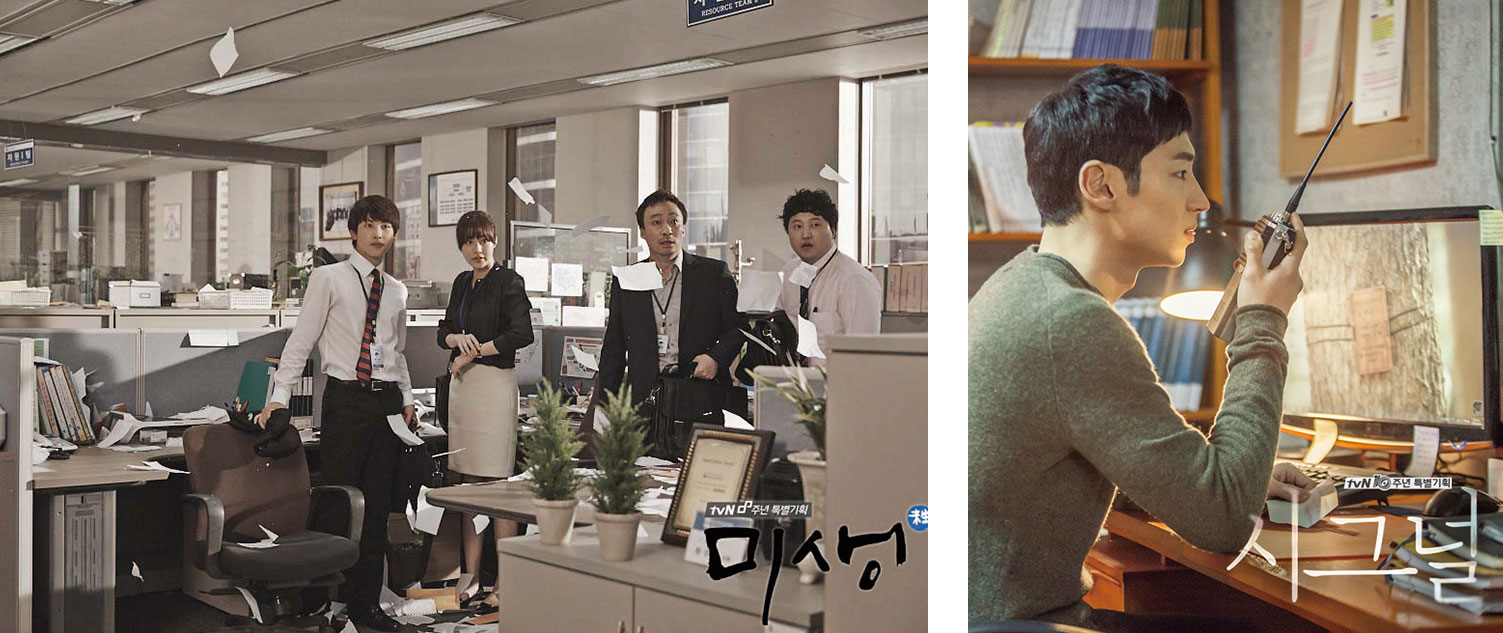
Realistic portrayals of office politics in “Misaeng” captivated white-collar workers in both Korea and Japan.(left) / “Signal” features a criminal case inspired by the real-life serial murders in Hwaseong, Gyeonggi-do Province, that occurred from 1986-91.(right)
Korean dramas command a definitive presence in various drama narratives. “Guardian: The Lonely and Great God,” which ran from 2016-17, is a fantasy utilizing mythical elements of Korean folktales like gods, goblins and the afterlife. Traditional depictions of goblins as tricksters or monster-like beings inducing fear received a makeover in this series. And the choice of the unwillingly immortal goblin of love over the death he so yearned for drew emotional reactions on a universal level.
When the 2017 K-drama “Stranger” was domestically aired, Netflix secured the exclusive global rights for release to 190 nations. Mike Hale of The New York Times called it one of the best TV shows of 2017. Its tightly knit plot, power struggles and breathless quest to uncover the criminal are as engaging as its profound social implications. Both “Guardian” and “Stranger” have amassed legions of foreign fans eagerly awaiting sequels or localized remakes.
“Signal” (2016) especially captivated Japanese fans of the detective genre. Though the Korean original was aired in Japan, the Japanese remake “Signal: Long-Term Unsolved Case Investigation Team” was produced in 2019. Featuring an original soundtrack by BTS, the remake flaunted an intricately knit storyline and cinematic magic that earned accolades for impeccable quality.
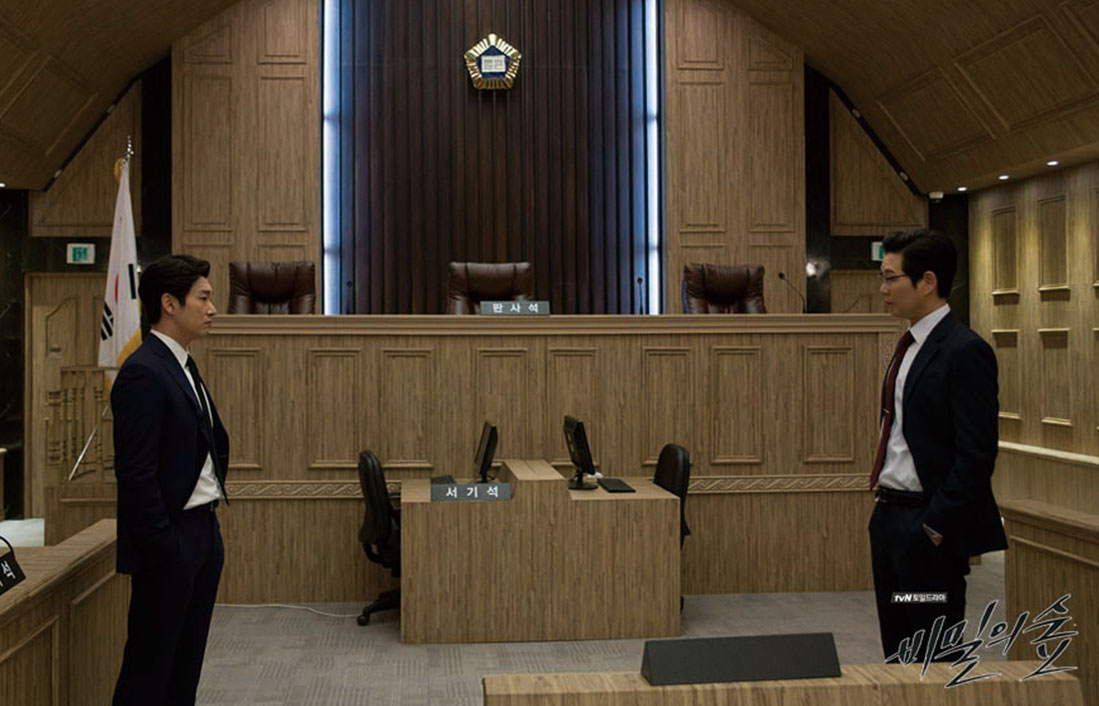
“Stranger” is a legal thriller in which the protagonists seek to uncover political corruption in a murder case.
“Hotel Del Luna” (2019) is set at a hotel that caters only to guests and management personnel in the afterlife. The show’s producer Studio Dragon and Hollywood’s Skydance Television have teamed up to produce the U.S. remake. Though Korean dramas have attracted many remake deals, “Hotel” is the first to have producers of the original help with the overseas remake.
With this year marking the 20th anniversary of the Hallyu boom, K-dramas have scored hit after hit over the two decades through the display of authentic Korean sentiment and universal themes. Amid the explosive growth of Korean content abroad, K-drama’s expansion on the global stage seems boundless.

